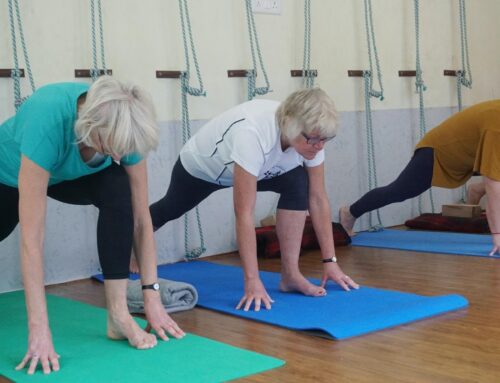Learn how mobile physio and in-clinic physiotherapy treatments relieve all kinds of pain.
Physiotherapy treatments are one of the most effective ways to manage all kinds of pain; from aches and niggles to joint pain, sports injuries and even chronic pain. In fact, Physiotherapists are so well-trained at relieving pain, they will usually ask you to rate your pain from when you arrive vs. after your treatment, confident it will have improved! Whether a patient has just sprained their ankle in a fierce soccer match, or they’ve been struggling with low back pain for many years, a physiotherapist can help.
How does physiotherapy help with sports injuries?
Sports injuries can be anything from a mild sprained ankle during a football match, to an ACL rupture while skiing, and physios treat them all. Regardless of the injury, physiotherapists are trained to assess, diagnose and treat sports injuries, helping the area to repair by enhancing the healing process. While this sounds easy, it requires expert training as each different sports injury needs to be treated in a unique way for best results.
What techniques do physiotherapists use to relieve pain?
- Dry needling
- Taping
- Tissue release through massage
- Joint mobilisation
- Joint manipulation
- Exercise prescription
- and of course, patient education.
And that’s not all! Some physiotherapists, particularly those who have done a Masters in Sports Physiotherapy, use even more treatments than those listed above. The trick of a good physio is knowing which treatment to use for which injury, and when.
Can’t make it to a clinic? No worries
Many physiotherapists also offer virtual (telehealth) or mobile physio to enhance pain relief on the sidelines or in the home, allowing athletes’ pain and injury to be addressed anywhere.
Not an athlete? No worries
Injuries can happen at any time; you don’t have to be playing sport to hurt yourself! Whether you break an arm tripping up the stairs, or hurt your back with a sudden sneeze, physiotherapy can help. A physio will use the treatments in the list above to treat your injury, relieve your pain, and maximise your recovery.
What is chronic pain?
Chronic pain refers to pain that has lasted longer than three months and is also called persistent pain. Chronic pain can occur anywhere but is super common in lower back and neck pain.
Physiotherapists have become really important in chronic pain management as it’s become very common in the past few decades:
- One in five Australian adults suffers from chronic pain
- Chronic pain costs the Australian economy $34.3 billion each year
Learn more about chronic pain from Pain Australia here
How can a physiotherapist help people with chronic pain?
Physical therapists can help chronic pain sufferers by enhancing their quality of life long term by minimising pain. Treatments usually focus on education, exercise and movement, because we know this approach really works.
What’s the Evidence?
A review in 2015 found there is “a beneficial effect for strength/resistance and coordination/stabilisation exercise programs over other interventions in the treatment of chronic low back pain.”
If a patient is suffering from chronic pain, their everyday activities often change significantly to compensate for their pain. By working on strength, balance, coordination and overall movement, physiotherapy helps make daily life easier and less painful for these patients.
From a sprained ankle to a long-lasting headache that just won’t go away, physiotherapy treatment can help restore function and relieve pain. Mobile physio clinics offer exactly the same level of professionalism as traditional brick and mortar clinics, helping each and every patient with pain relief.
Whether an injury has just happened, or it happened a very long time age and is still sore, a key member of the health professional team are well-trained physiotherapists.
For questions about our virtual healthcare services, please contact us at [email protected].
To book an individual session with one of our qualified physiotherapists, click here: https://valionhealth.com.au/contact/



